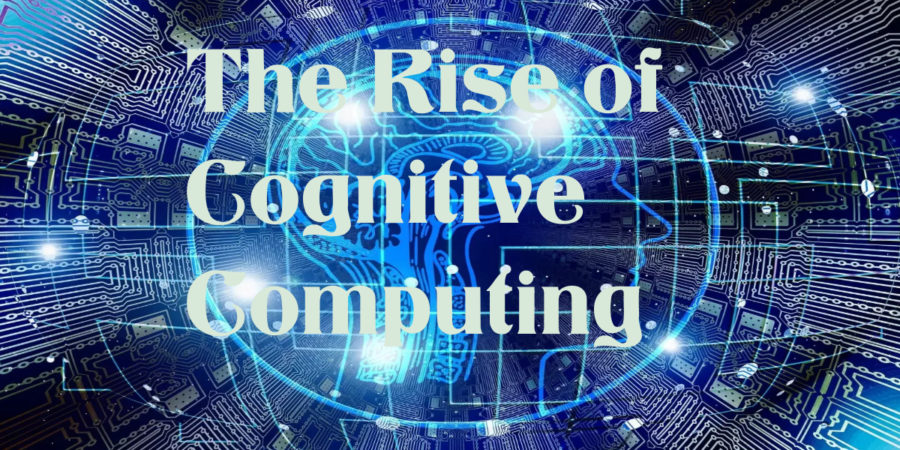Cognitive computing is a subfield of artificial intelligence that aims to replicate human thought processes in computer systems. It involves using various techniques such as natural language processing, machine learning, and neural networks to build systems that can perceive, reason, and learn like humans. The goal of cognitive computing is to create intelligent systems that can help humans make better decisions, solve complex problems, and improve overall performance.
Cognitive computing has a wide range of applications, from healthcare to finance to customer service. In healthcare, cognitive computing is being used to analyze patient data to identify potential health risks and suggest treatment plans. In finance, it is being used to analyze financial data to identify patterns and trends that can inform investment decisions. In customer service, cognitive computing is being used to build chatbots and virtual assistants that can provide personalized support to customers.
The field of cognitive computing is still in its early stages, and researchers are exploring new ways to improve its capabilities. One of the major challenges is building systems that can understand and interpret natural language, which is critical for applications such as chatbots and virtual assistants. Another challenge is building systems that can reason and learn from complex data, such as images and video.
Despite these challenges, the potential of cognitive computing is immense. As the technology advances, it has the potential to transform many industries and improve the way we live and work. From personalized healthcare to more efficient customer service, cognitive computing has the potential to revolutionize the way we interact with technology and each other.
There are several cognitive computing tools available for various applications. Here are some of the popular ones:
- IBM Watson: This is a comprehensive cognitive computing platform that offers a range of tools and services for natural language processing, machine learning, and data analytics.
- Google Cloud Machine Learning: This platform offers a suite of tools for building and deploying machine learning models in the cloud. It includes services for image and speech recognition, natural language processing, and predictive analytics.
- Microsoft Azure Cognitive Services: This is a collection of cloud-based tools for building intelligent applications, including services for speech and image recognition, language understanding, and sentiment analysis.
- Amazon AI: This platform offers a range of AI services, including machine learning, natural language processing, and computer vision.
- TensorFlow: This is an open-source software library for data flow and differentiable programming across a range of tasks. It is widely used for machine learning and deep learning applications.
- Keras: This is another popular open-source software library for building neural networks. It is known for its user-friendly interface and supports both CPU and GPU acceleration.
- PyTorch: This is a Python-based open-source machine learning library that offers a range of tools for building and training neural networks.
- Caffe: This is a deep learning framework developed by the Berkeley Vision and Learning Center. It is known for its speed and efficiency in processing large-scale datasets.
These tools can help developers and researchers build more intelligent and sophisticated applications using cognitive computing techniques
AI’s Moral Quandaries: Examining the Ethical Implications
From Ant Colonies to AI -Swarm Intelligence


